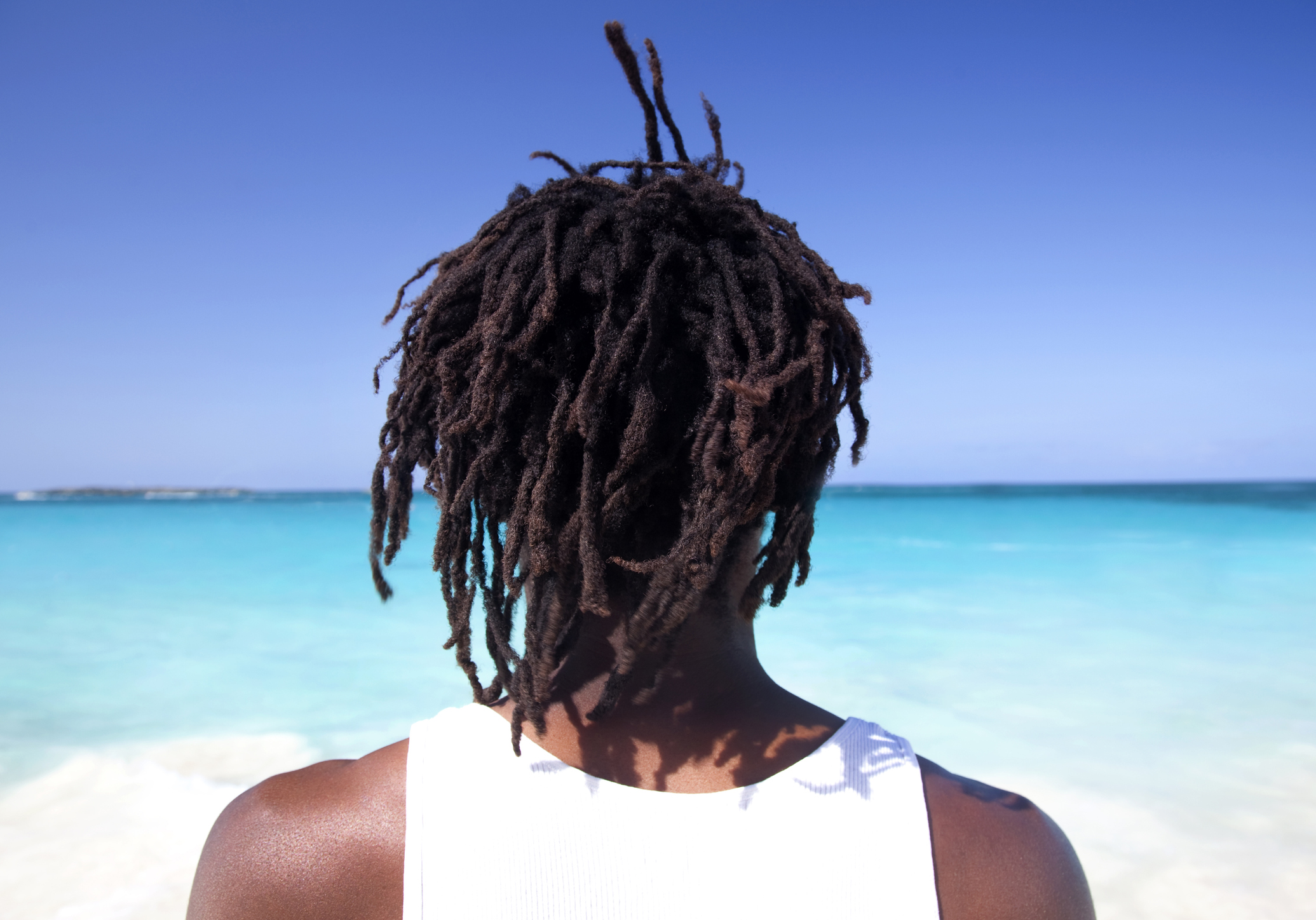A HIGH Court in Malawi has made a landmark ruling for the Ministry of Education to allow students with dreadlocks to be allowed attend public schools in the country.
This historic court order will mean that Rastafarian students, who were previously denied admission to schools in the South-east African country, will be allowed to attend.
The ruling follows legal action from two Rastafarian children who were both denied school admission in 2010 and 2016 for having dreadlocks.
In her landmark ruling Justice Nzione Ntaba of the High Court in Zomba said: “The Ministry of Education should issue a statement to allow all children of the Rastafarian community with dreadlocks to be allowed in class. The circular should be done by June 30.”
The two Rasta students were able to obtain an injunction to their cases, but afterwards filed separate legal action for all Rastafarian children to be granted access to public schools – with no demands that they cut their hair.
The Rastafari Movement is a religious, spiritual and cultural way of life, which started in Jamaica during the 1930s.
Rastafarians believe, the last Emperor of Ethiopia, His Imperial Majesty Haile Selassie I, is the Second Coming of Christ.
The Rastafarian community grow their hair in dreadlocks as a symbol of their African identity and spiritual strength and to keep with their pricnicples of living as naturally as possible.
In June 2021, a similar case was brough to a high court in Ghana, where two students, Tyrone Iras Marghuy and Oheneba Kwaku Nkrabea, took action against the school through their parents.
In March 2021, the Achimota School told the two students they would only be allowed at the school if they cut their locks.
Both Marhguy and Nkrabea, sued the school’s Board of Governors, Ghana Education Service, the Minister of Education and the Attorney General for a breach of their fundamental Human Rights.
The ruling by Justice Gifty Agyei Addo, ruled that the fundamental human rights of two students cannot be limited by the rules of the Achimota School. She said: “I am unable to see the disadvantage to the school community in allowing the applicant to keep their dreadlocks.”
The judge went on to say the school had not demonstrated to the court how the applicants keeping their locks would affect them or other students. Justice Addo also asked: “What will be the effect on the school community if the applicant is allowed to keep his dreadlocks?”
She went on to say it was in contradiction of the 1992 Constitution of Ghana.


Comments Form
2 Comments
The vast percentage of African; African-Caribbean and Caucasian-European men and women sporting Deadlocks, care nothing to honour Rastafarians, the religion of Rastafarians, or the Justice traditions of Rastafarians.
When questioned, they reveal their hairstyle is merely a fashion statement.
For these reasons, I support the Malawi decision to ban this fashion hairstyle from their schools.
Their right to choose their own hairstyle should be self evident as is their choice to cut their hair.